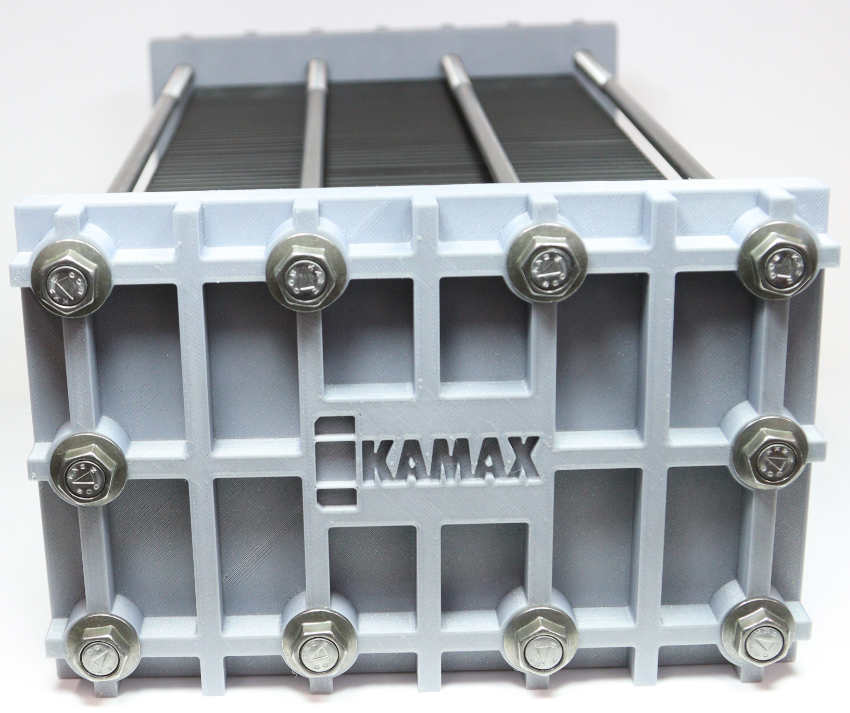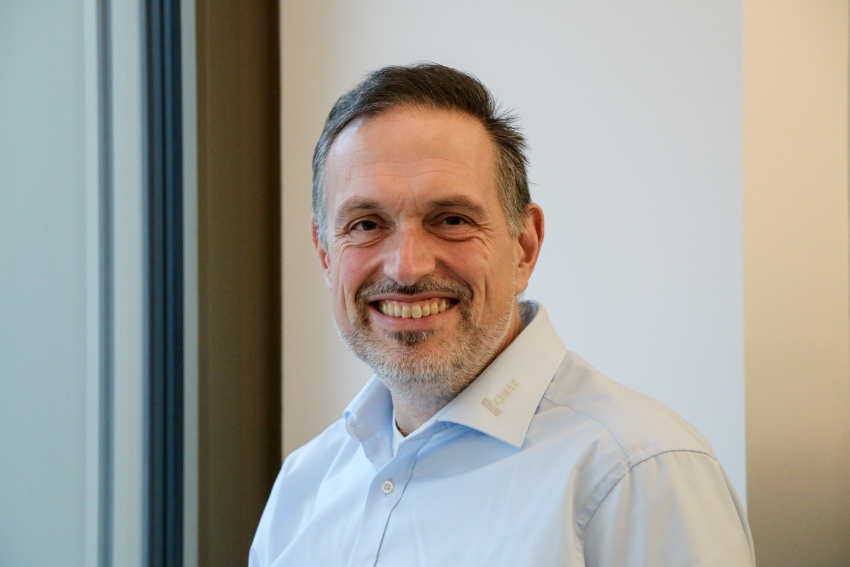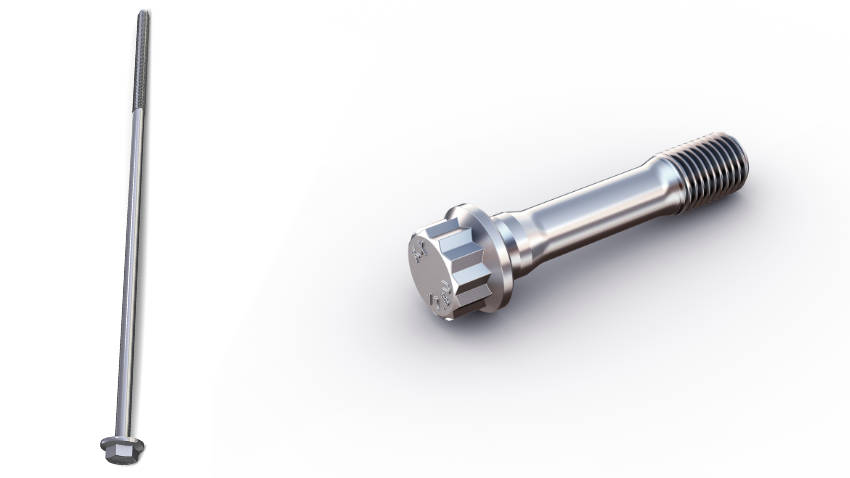KAMAX is a global company, owned by the family of the founder Dr Rudolf Kellermann, and has around 20 locations – divided into the regions of Europe, America and Asia – all of which have different areas of expertise and complement each other. The company has been developing fasteners for almost 90 years, with an approach from the very beginning of designing and developing products alongside customers to create bespoke solutions, which has enabled them to create a broad product portfolio that is targeted to individual applications within a range of sectors, especially automotive.
Interview with Mario Braun, Vice President Business Development at KAMAX.
What are the main areas of activity of the company?
Mario Braun: At KAMAX we aim to be a reliable partner that customers can count on in the long-term, which has proved to be a valuable asset in the current highly volatile and uncertain market environments – particularly in the automotive sector. The automotive sector – including cars, trucks, electric vehicles, motorcycles, as well as construction and agricultural machinery – is our most important market. However, we also supply products for bicycles, industrial machinery and other motor-driven applications.

What’s the news about new products/services?
M.B: Relatively new of course are products, we developed alongside our customers for electric vehicles that requires special design and properties (i.e. the electric conductivity). The newest example is producing an insulating head by plastic over-moulding, which required us to introduce plastic moulding equipment and expertise within the group. Another example is the concept called KXpanded, we’ve introduced, to make very long and thin bolts (e.g M6 x 600mm) with maximum straightness. A product range that has a relevance to the EV sector, but is not limited to it, are our KXtreme fasteners. The ultra-high-strength parts (up to strength class 14.9U or 17.8U, depending on the environment/application) can hold significantly more load than conventional screws. Thanks to the design of the KXtreme fasteners the total number of screws within an application and the size of the screws can be reduced. This gives more freedom with the design and makes transfer of additional load possible.
What are the ranges of products/services?
M.B: We do not produce ordinary bolts, instead we deliver customised solutions custom-made to individual applications. By working with our customers we not only make the fasteners but entire applications better and more efficient. We can do this thanks to the engineering, laboratory, testing and development expertise we have built up in this area over the last few decades, which sets us apart from competitors when it comes to what we can offer customers. Regardless of the vehicle type and drive system, we can meet all our customers’ requirements – especially in demanding applications, which are predestined for our engineering expertise.

What is the state of the market where you are currently active?
M.B: We are active in Europe, Americas and Asia, each region with own challenges and opportunities. In Asia we see great potential for growth, especially regarding electric vehicles. Our largest market, Europe, is currently experiencing a slight decline, leading to a downturn in the truck market. Same is to be observed in the Americas but for passenger cars. Regardless of the region, the automotive industry is undergoing an unprecedented transformation regarding CO2 neutrality, and new forms of propulsion, and at KAMAX we want to anchor stability in this transformation and create healthy, sustainable growth as a group.
What are the most innovative products/services marketed?
M.B: Innovation is essential for our business, we launch around 300 new products every year. Besides the mentioned solutions such as KXpanded and KXtreme, we concentrate on challenging applications, which we find for example in the battery environment of electric vehicles. Still, fuel cell electric vehicles are also a segment in which we have identified challenges that we are now working on.

What estimations do you have for 2024?
M.B: The economic situation remains challenging, reflecting a similar picture to 2023. We continue to navigate through a period of decline within a general VUCA (Volatile, Uncertain, Complex, and Ambiguous) environment. On the customer side, the motto remains: In time and in quality. We have already made provisions for this in recent years and pushed ahead with our vertical integration. With majority shareholdings in the Robert Schröder Group and Galol, we have significantly expanded our expertise in cold-formed and precision machined parts and coatings. Our aim was to diversify our product portfolio further and offer even more complex solutions. At the same time, we must have the critical steps in the value and supply chain under our control. Of course, this also has advantages for the customer, as they get complex products requiring different skills from a single source.

